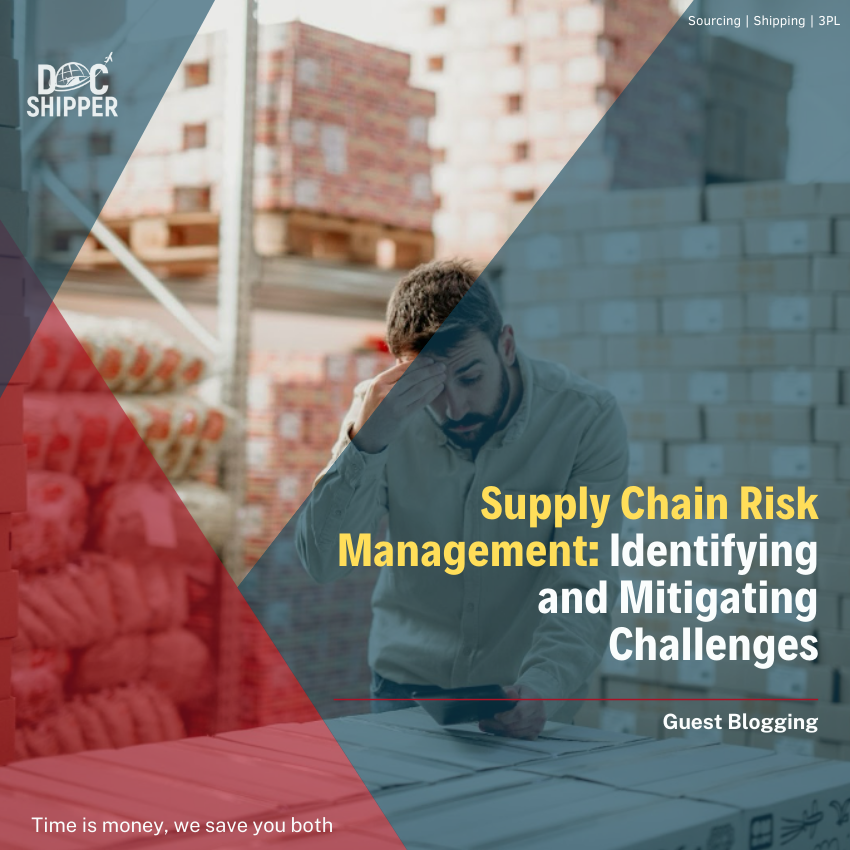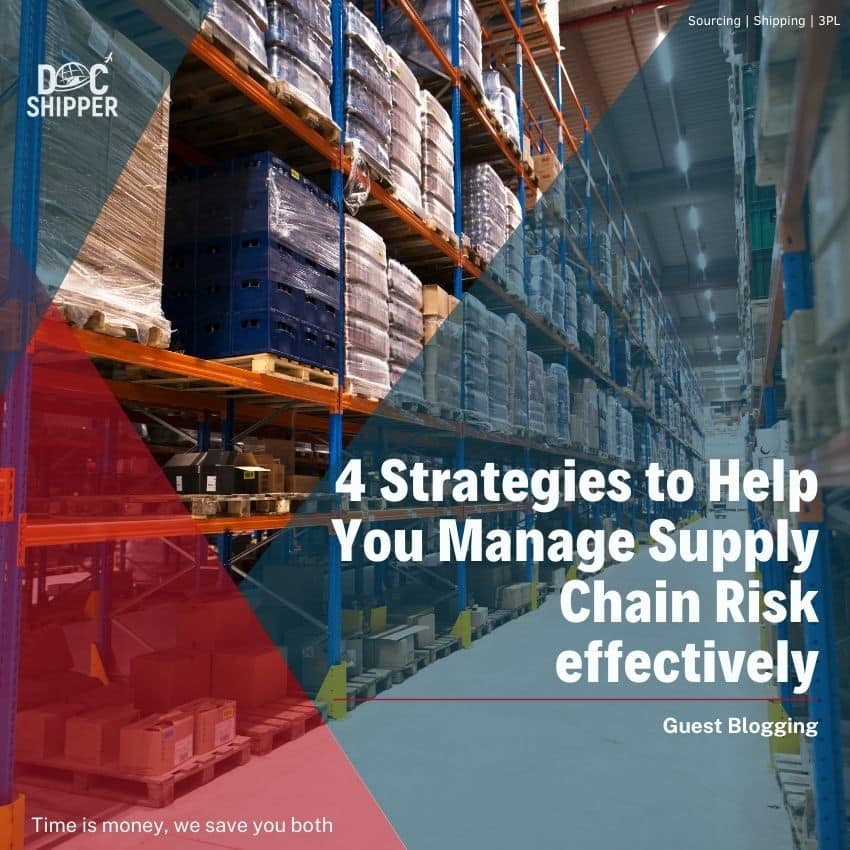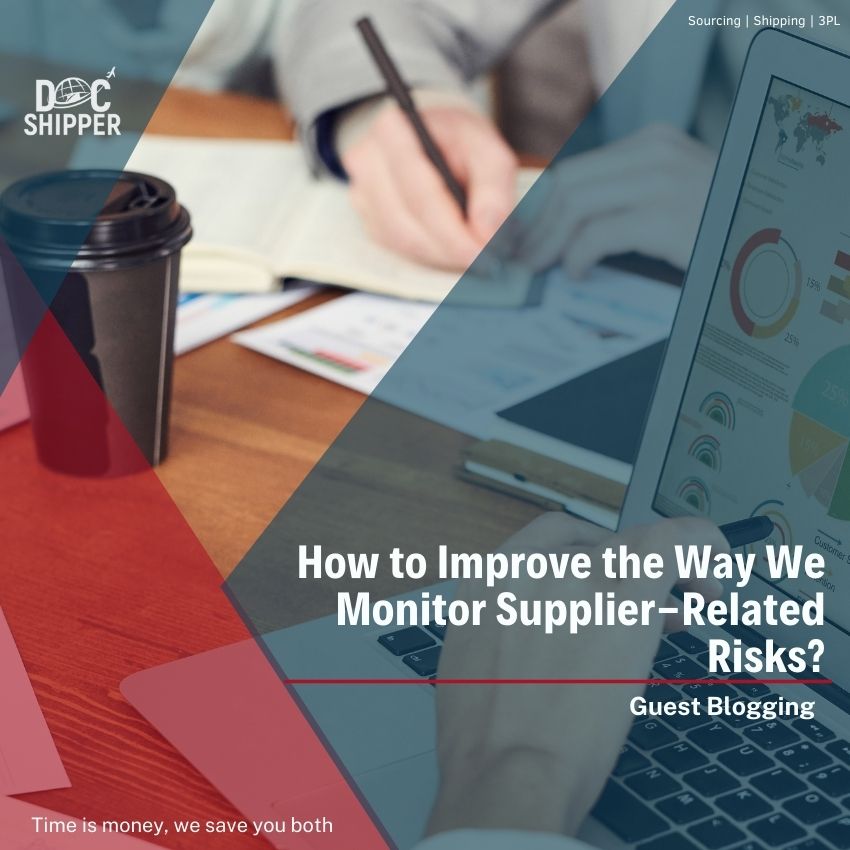Since the coronavirus pandemic triggered widespread shortages and delays, the global supply chain has been playing catch up. Geopolitical issues, such as the Ukraine conflict and rising tensions in the South China Sea, have compounded these woes. Furthermore, incidents like the Suez Canal blockage have highlighted the importance of building up supply chain resilience.
As per a 2023 Supply Chain Outlook report, 60% of small and medium-sized businesses reported losses of up to 15% or more in 2022. In 2021, nearly half of all small businesses reported to the US Chamber of Commerce that they struggled to keep up with customer demand.In the face of increasing labor shortages, fluctuating demand, and inventory issues in 2024 and beyond, businesses must do more to maintain a more resilient supply chain.
It is vital to identify supply chain risks and challenges to develop effective measures to mitigate them.That is what you will discover in this article !




